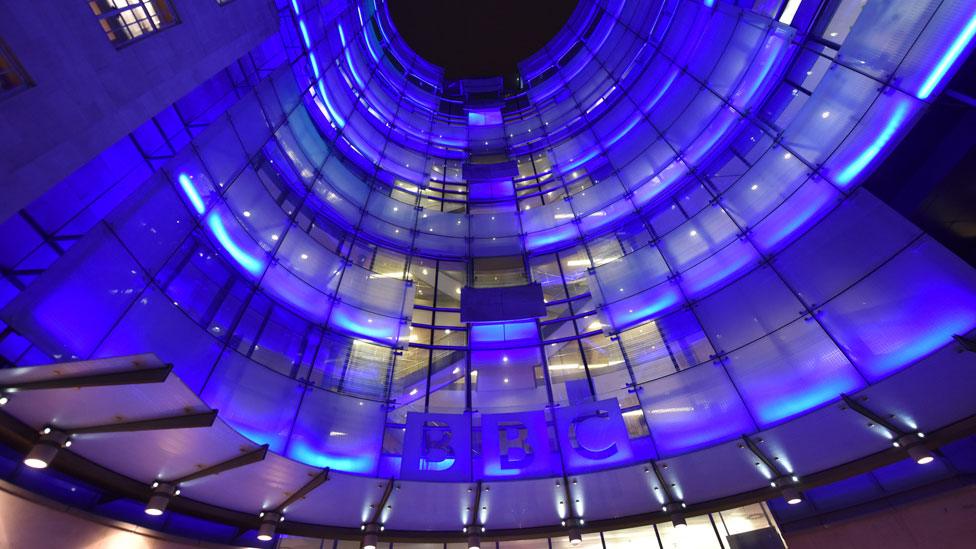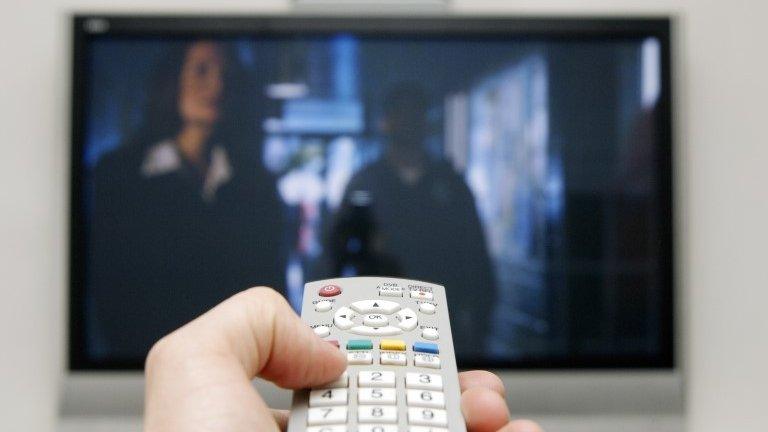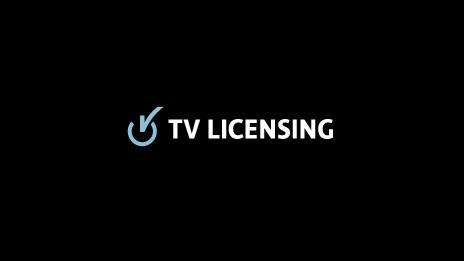Assaults on licence fee chasers rise
- Published

The BBC lost at least £250m in unpaid licences in 2015-16
Licence fee revenue collectors are facing an increasing risk of verbal and physical assault, it's been reported.
In 2015, revenue collection company Capita reported 95 physical assaults - some so serious they left officers requiring hospital treatment.
The BBC is getting better at collecting the licence fee and reducing collection costs, the National Audit Office says, external.
Yet while evasion is on the rise, fewer licence fee evaders are getting caught.
This meant the BBC lost at least £250m in 2015-16, despite its enforcers making three million visits to premises.
It also means the BBC is unlikely to cut the evasion rate to 3.95% by 2020, as it said it wanted to in 2011.
In 2014-15, the proportion of premises that should have paid - but didn't - was between 5% and 6%.
In 2015-16 that figure rose to between 6% and 7% - though that might be down to changes in how the number of households with TVs is calculated.
Reducing licence fee evasion by just one percentage point means an extra £40.5m in revenue each year.
A BBC spokesman said it would continue to crack down on the "small minority who refuse to pay" using "the full range of enforcement measures".
Last year the corporation obtained a valuable concession from the government that decreed even those who access BBC content only on the iPlayer must have a TV licence.

Follow us on Facebook, external, on Twitter @BBCNewsEnts, external, or on Instagram at bbcnewsents, external. If you have a story suggestion email entertainment.news@bbc.co.uk, external.
- Published12 March 2014

- Published22 August 2013
